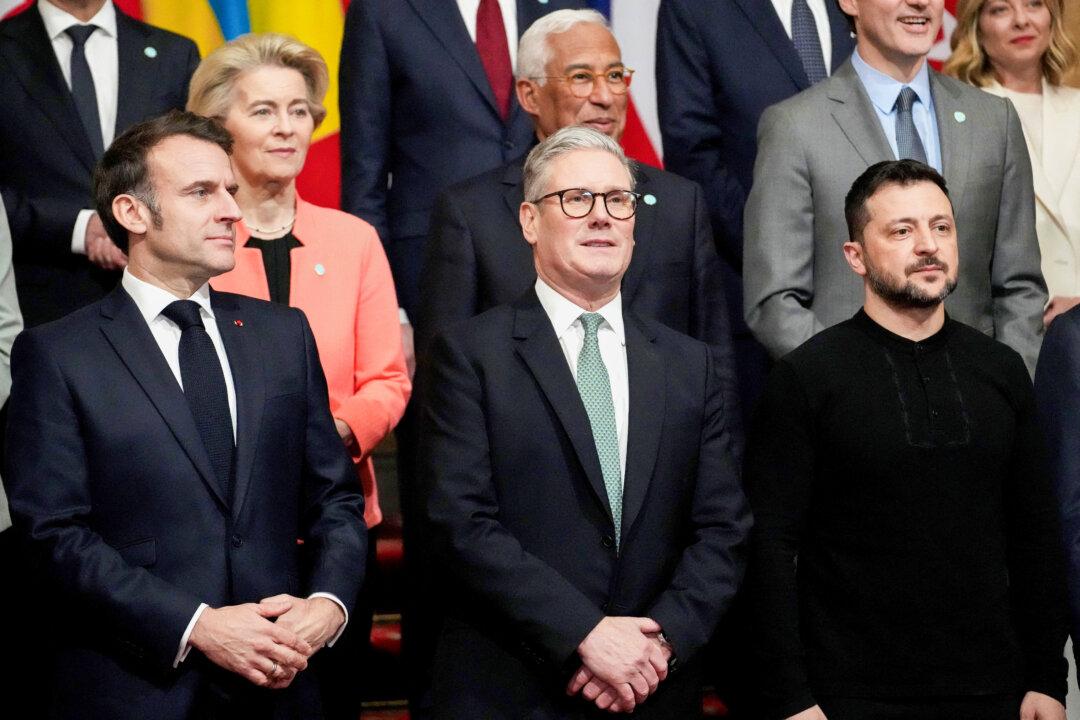Britain and the European Union announced fresh sanctions against Russia on May 20.
London and Brussels made the move without waiting for Washington to join them, a day after U.S. President Donald Trump spoke with Russian President Vladimir Putin.

Britain and the European Union announced fresh sanctions against Russia on May 20.
London and Brussels made the move without waiting for Washington to join them, a day after U.S. President Donald Trump spoke with Russian President Vladimir Putin.